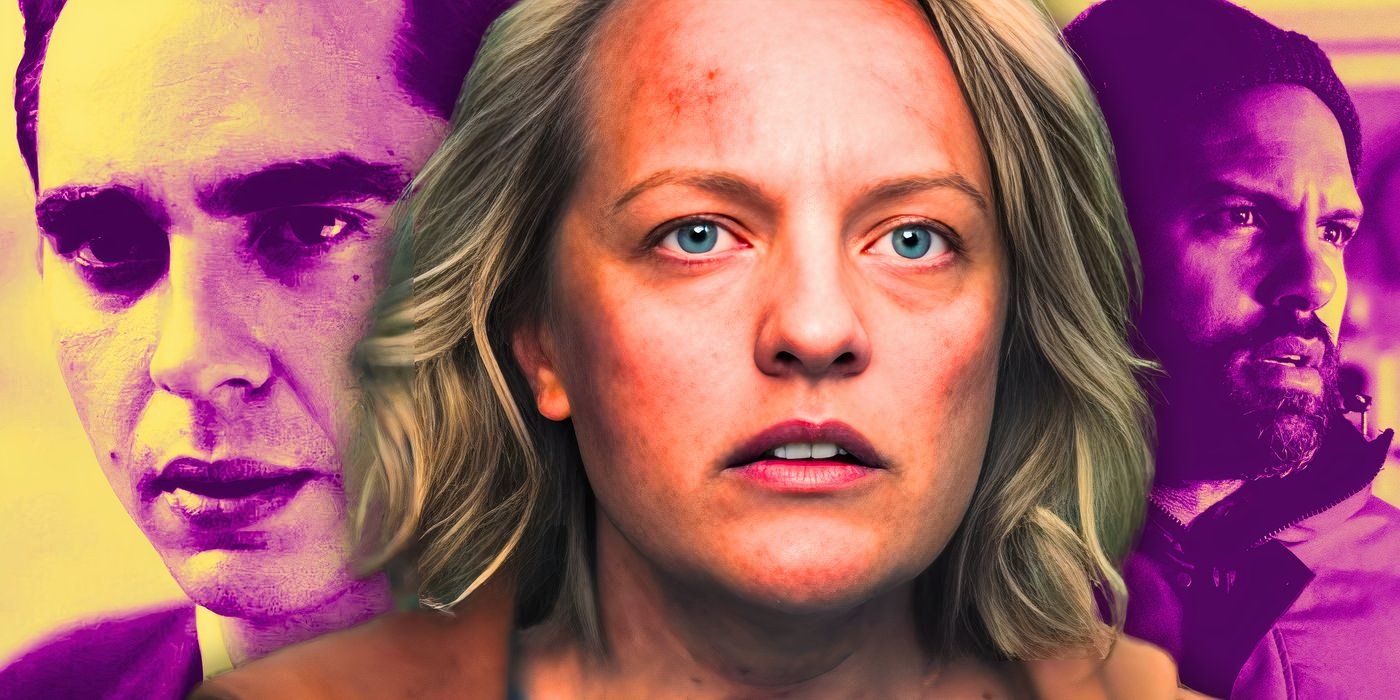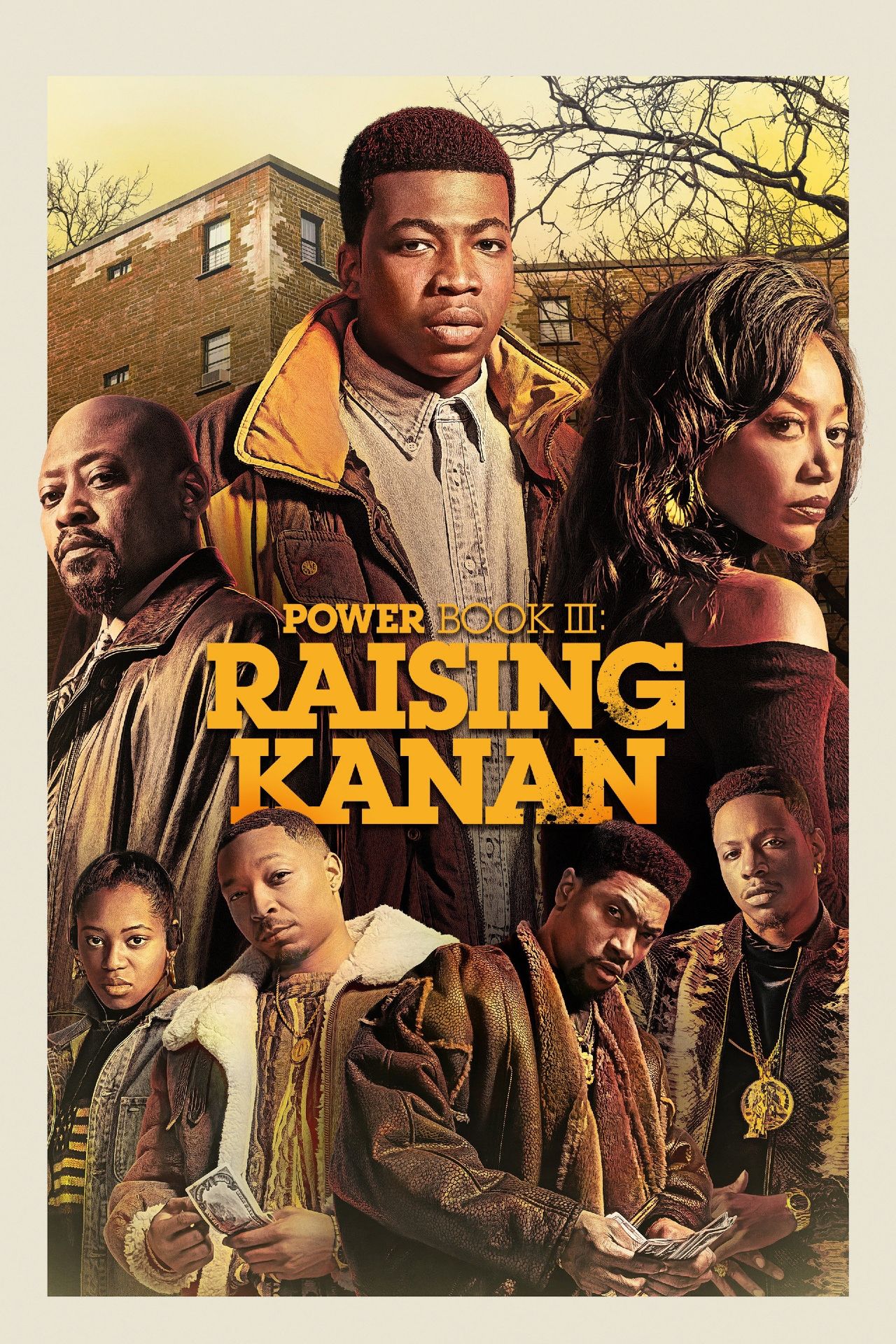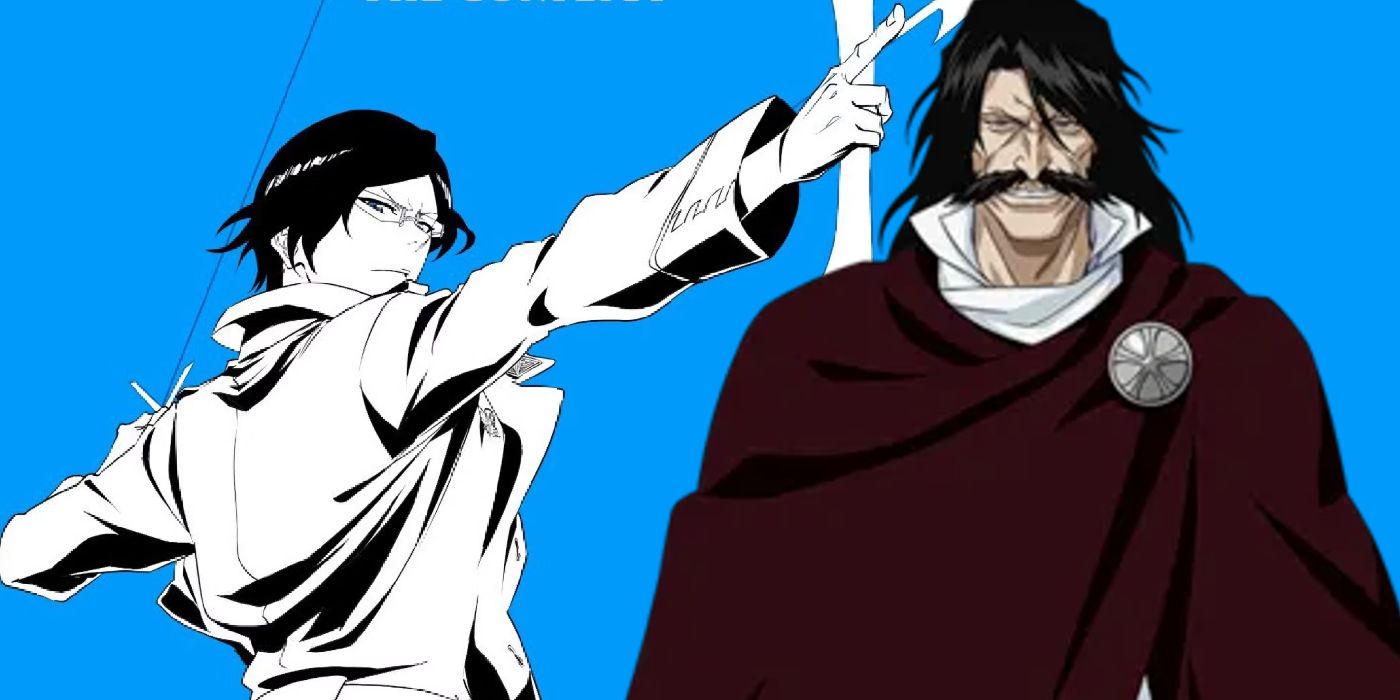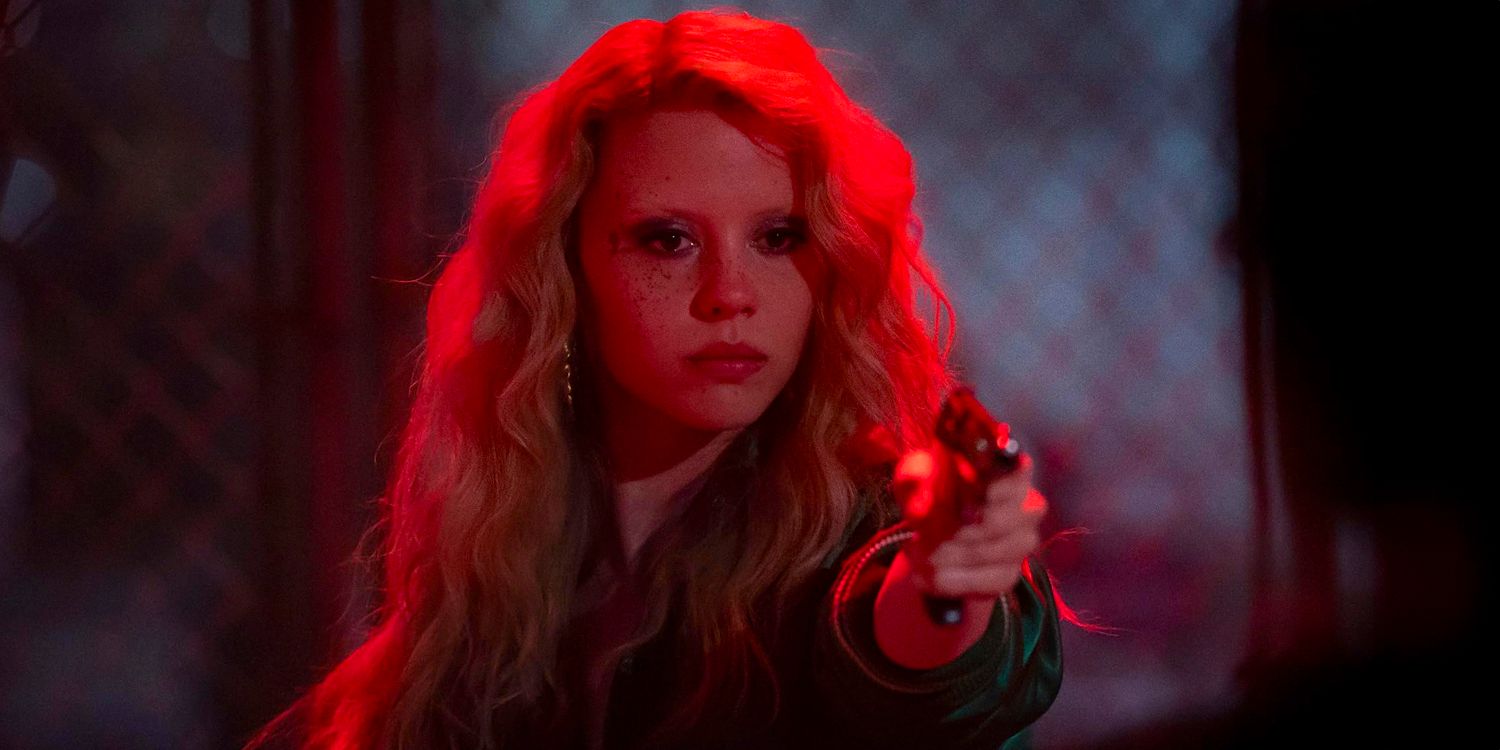MTV continues to draw in fans today with shows like The Challenge and Teen Mom. However, there have been a plethora of MTV shows that have fallen by the wayside. Some series have adapted with the times, and others could never be made today.
Fans who came of age during the early 2000s remember some of their favorite shows from MTV’s lineup fondly. However, when audiences watch certain MTV shows they might have totally forgotten existed like Room Raiders today, it becomes clear how much has changed over the years.
Friendzone (2011-2014)
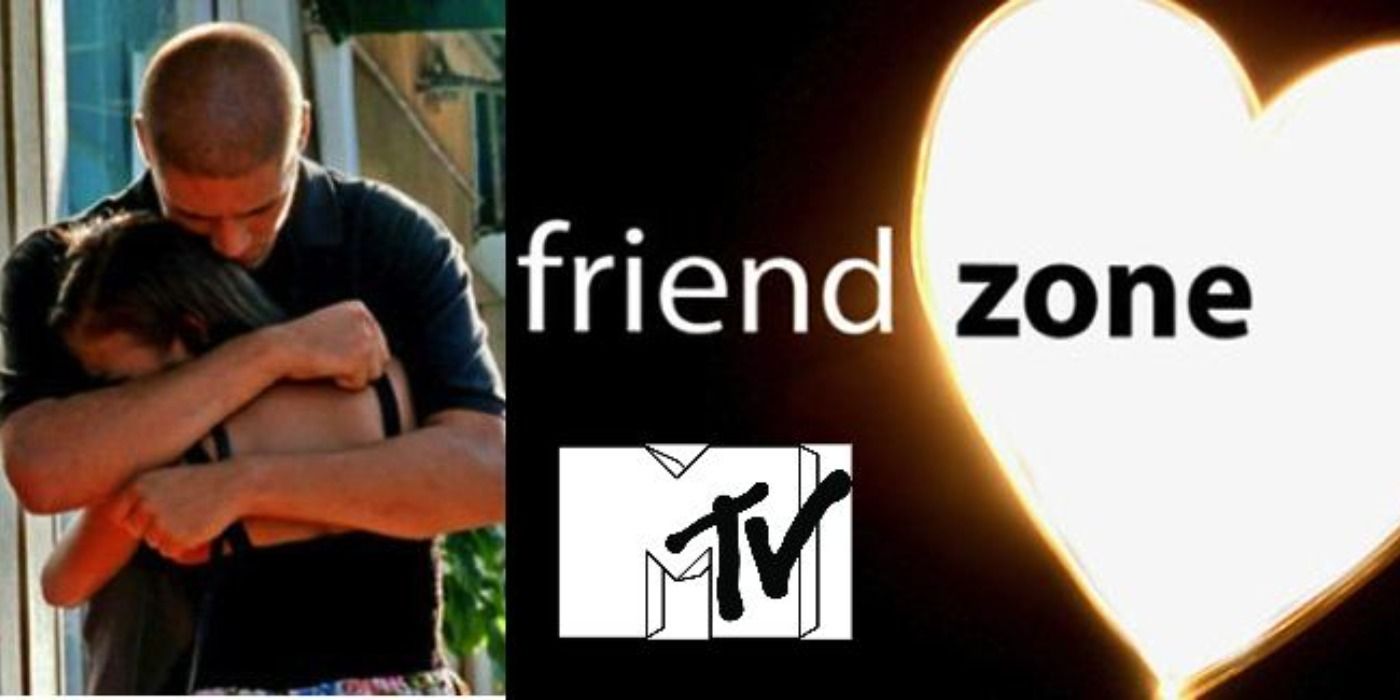
Only having been canceled less than ten years ago, Friendzone feels extremely dated. The reality series followed real-life young people who had romantic feelings for one of their closest friends. The main subject would plan a date, have their friend bring them to it, and reveal the date was meant for the friend.
Friendzone aged so poorly because the understanding of the show’s namesake has changed so much over time. According to the Huffington Post, the term has been criticized for its nefarious implications, leading individuals to believe they are “owed” a romantic relationship after being a good friend to their crush. When subjects on the show put their crush on the spot with a camera crew behind them, the action feels coercive and wrong today.
Next (2005-2008)
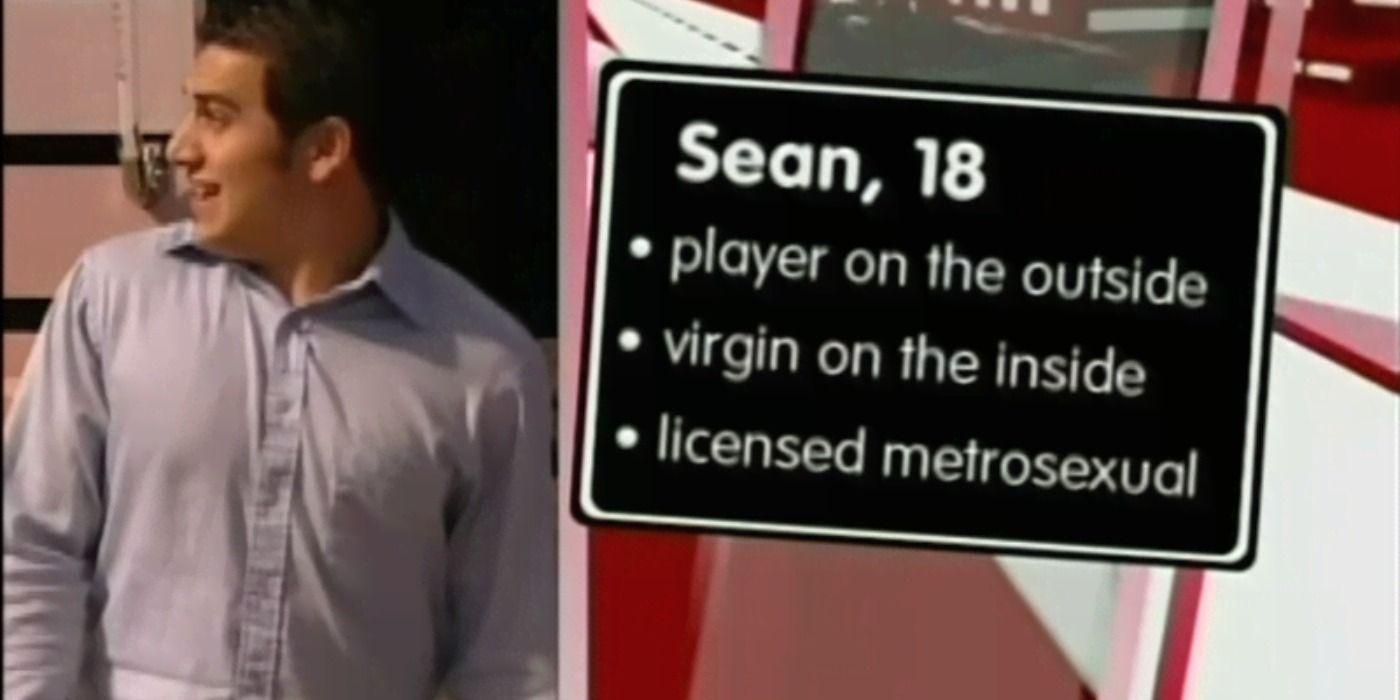
MTV’s Next is entertaining and nostalgic for audiences who came of age during the MySpace era of the early 2000s. Contestants would board a bus with timely fashion trademarks like low-cut jeans and frosted tips to wait for their date. They’re called out to the date until the main subject decides to dump them and try out the next contestant whenever they lose interest.
Next has aged poorly not because of its scripted episodes, but for the editing and actions of the cast. Outdated terms like “metrosexual” pop up during “facts about the contestants” segments, and subjects make insensitive remarks about prospective dates’ bodies. Lines like “forget the carpet, the hair didn’t match the roots” said to subjects’ faces before being given the boot made the show age terribly.
Room Raiders (2003-2009)
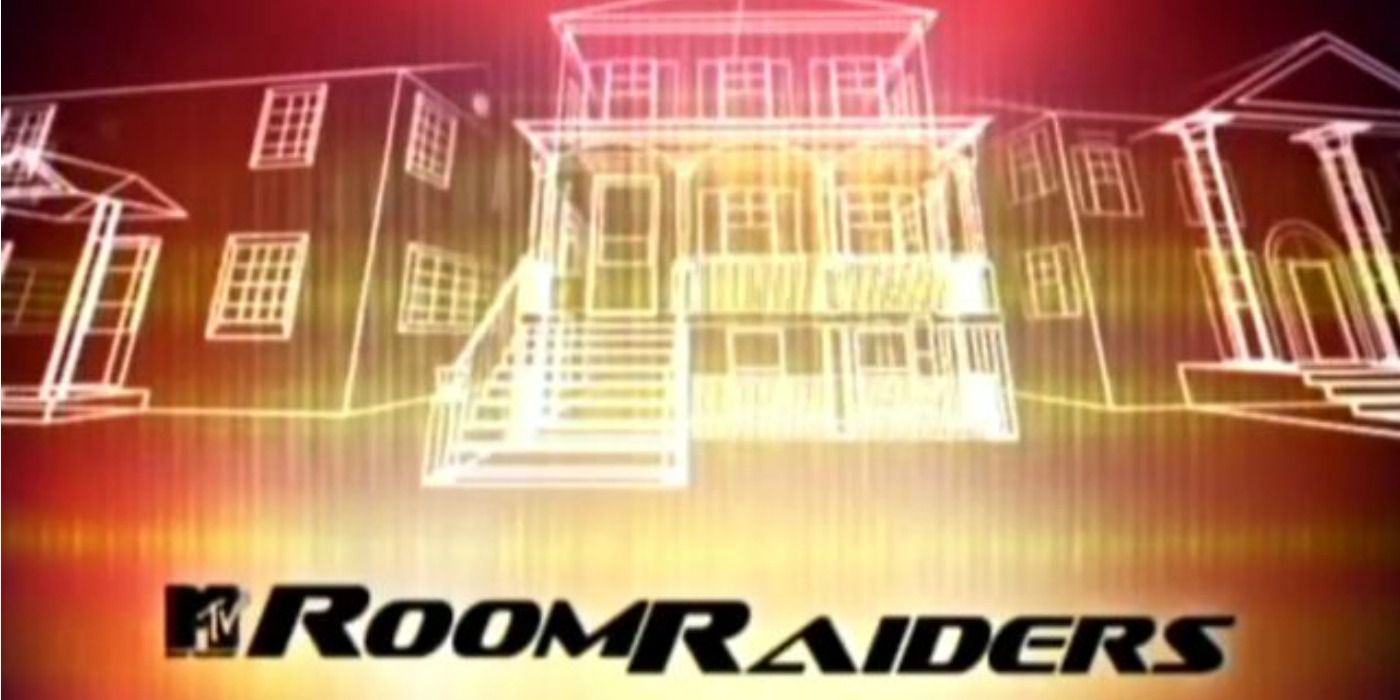
Room Raiders was an MTV dating show that brought audiences into the dingy apartments of college kids as prospective dates searched around for clues. They would judge contestants based on cleanliness and items found in their rooms. Eventually, they would blindly pick one out of three apartments and go on a date with its renter.
The premise of Room Raiders makes the show dated. Most of each episode involved a person shaming a stranger for the way they lived. Contestants made jokes about a person’s pants size or their “nerdy” hobbies. Perhaps the most poorly-aged recurring segment was when contestants would use a blacklight to look for bodily fluids in a person’s room, and then shame them for it. The show was simply too insensitive to be done today.
A Shot at Love With Tila Tequila (2007)

Tila Tequila became a huge star on MySpace in the early 200s. She got her own dating show during the heyday of MTV and VH1 Bachelor-inspired series like Flavor of Love and Rock of Love. The show was popular, even if some fans saw A Shot at Love With Tila Tequila as one of MTV’s fakest reality shows. The show’s tropes don’t feel dated, and continue in other dating competition shows today, but the main cast members certainly aged poorly.
A Shot at Love feels dated considering what has transpired with star Tila Tequila since the show aired. Buzzfeed reports have revealed Tila Tequila has shown sympathy to neo-Nazi groups, used outdated terminology for neurodiverse adults, has been seen in pictures performing Nazi gestures, and referred to herself as an “Alt-reich queen.” She would never have been able to star in the series today.
I Used To Be Fat (2010-2013)
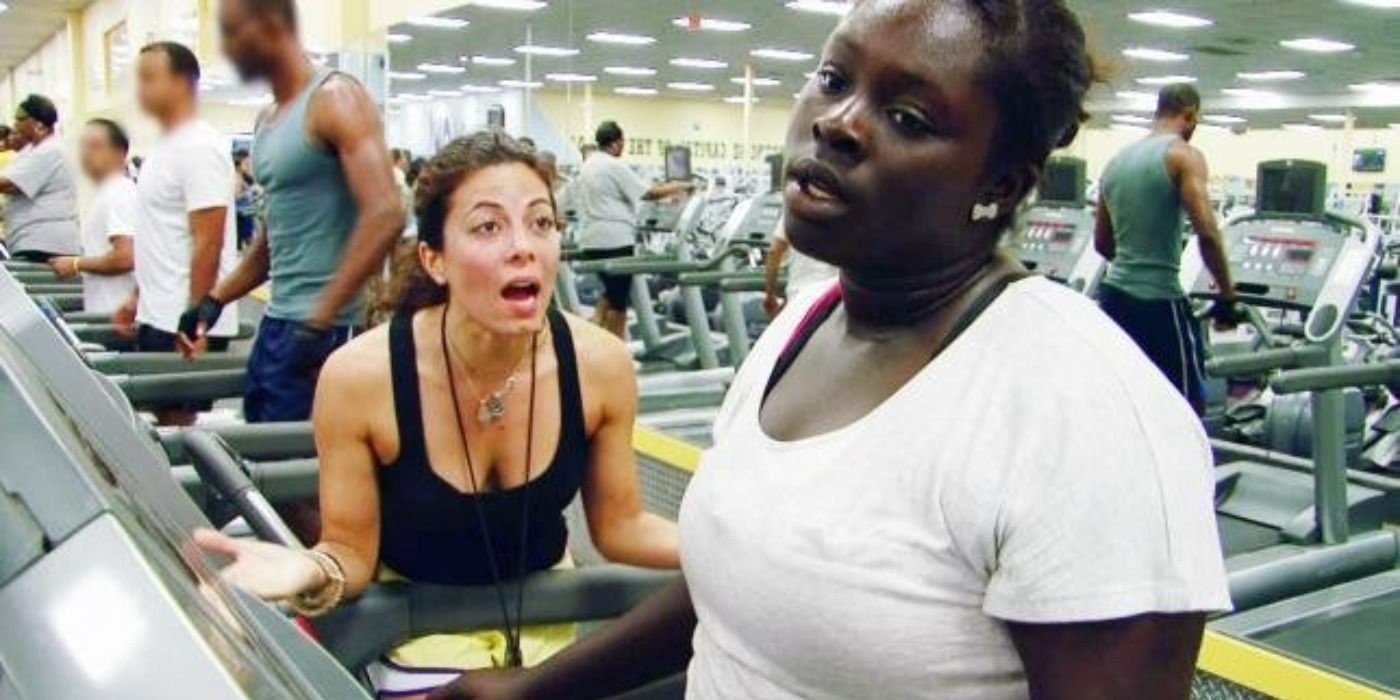
MTV’s I Used to Be Fat followed young people through a weight-loss journey constructed by the network. Subjects on the show were assigned a personal trainer who would guide them through exercise and diet to meet weight loss goals. They were often pushed to the limit and faced emotional challenges along with the physical.
The title of I Used to Be Fat is problematic today. The body positivity movement was in its early stages during the show’s time in the early 2010s, and the concept of fat-shaming wasn’t widely understood during the show. Fatness is equated to weakness in the series and made the show age poorly.
My Super Sweet 16 (2005-2017)
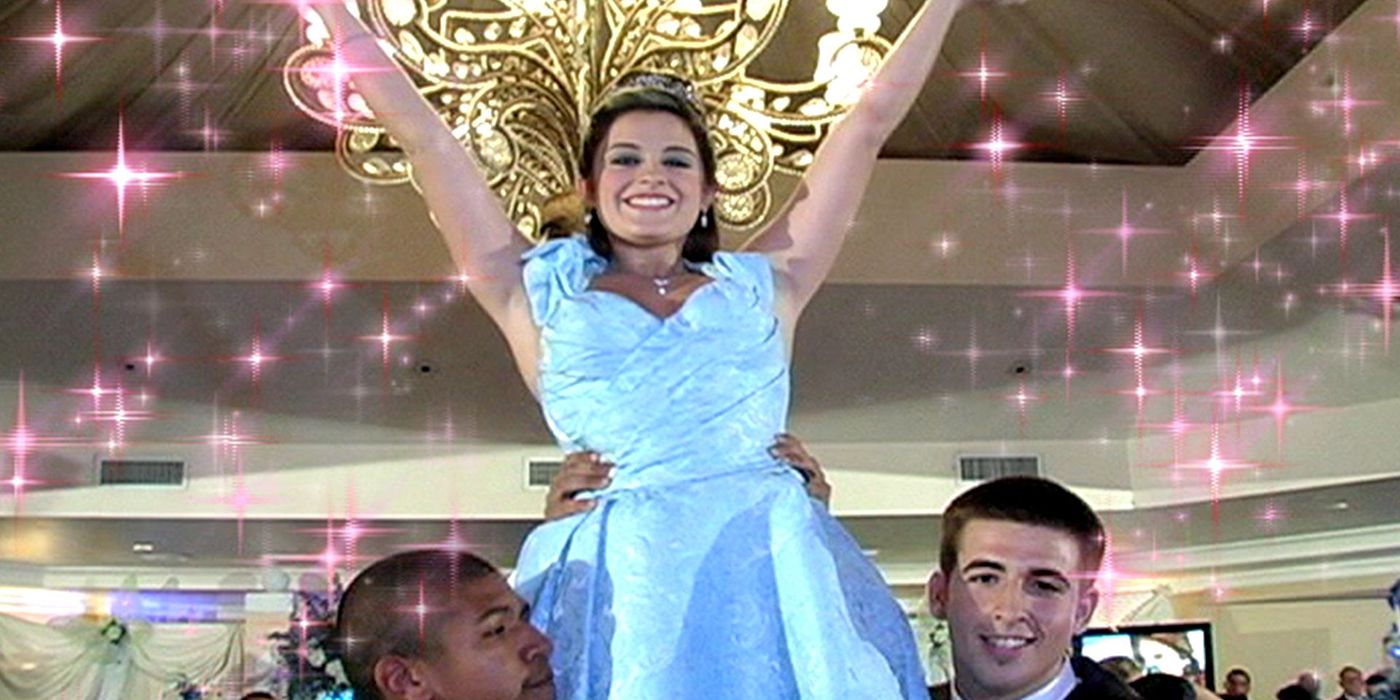
MTV’s My Super Sweet 16 showcased the birthdays of extremely wealthy young people. The series introduced audiences to their impressive homes, often famous parents, and lavish lifestyles. Fans loved it so much, some think My Super Sweet 16 deserves another season. Each episode followed the planning of an extravagant party, and the big night was put on display during the climax.
Audiences still marvel at the wealth of others on celebrities’ social media and shows like Keeping Up With the Kardashians. However, My Super Sweet 16 appeared to glorify the exorbitant celebrations of the spoiled, who often seemed to underappreciate their blessings. In a world rife with financial equality gap only widened by the struggles of the ongoing COVID-19 pandemic, the show seems insensitive today.
Date My Mom (2004-2006)
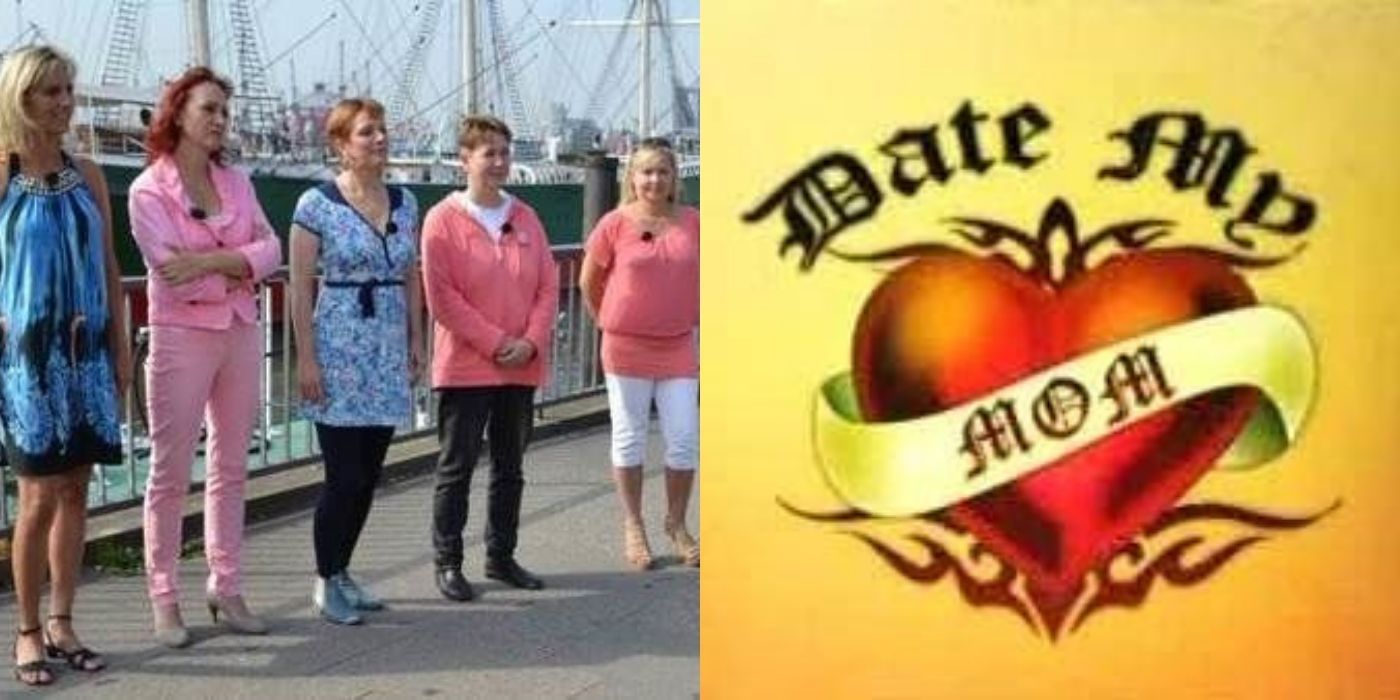
MTV got creative when they came up with Date My Mom. The show led young people on three dates with the moms of prospective partners. Subjects would learn about the children of mothers with staged activities from the show’s producers until they would pick who’s children seemed most compatible with them.
Although the concept of Date My Mom is bizarre, the show aged poorly for different reasons. The dates production planned for the show’s subjects are unfortunate products of its time. Some of the Asian-themed dates like Mongolian barbeque and karate come across as insensitive today. In one episode, white subjects wear traditional Mongolian hats with fake braided hair attached. The date seems to be mocking Asian culture rather than celebrating it.
I Want A Famous Face (2004-2005)
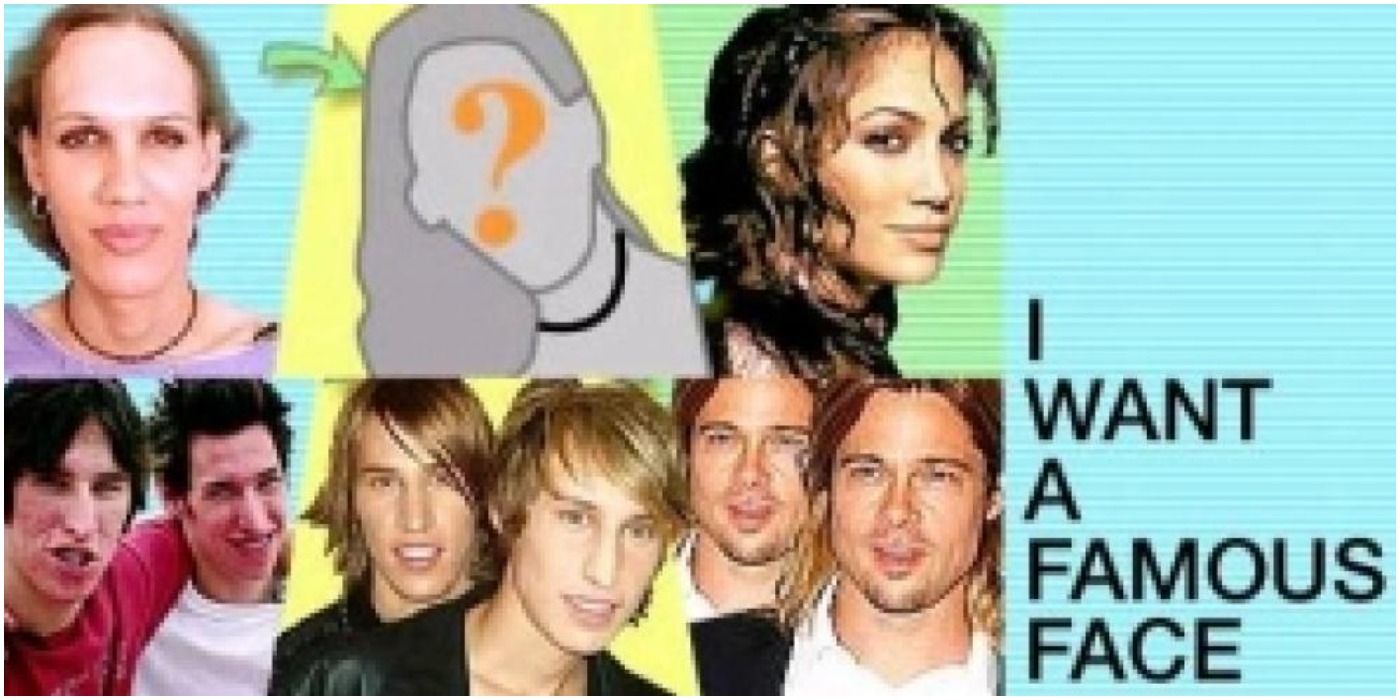
MTV’s I Want A Famous Face was one of the network’s plastic surgery-themed reality shows. The series followed subjects who wanted to get surgery to look more like their favorite stars. Some subjects underwent surgery for their professions, like an Elvis impersonator who appears on the show, and others just went under the knife to complete their desired look.
Cosmetic surgery is normalized today, with more people than ever undergoing procedures. However, the show presented those wanting procedures as celebrity-obsessed. Celebrity worship hasn’t waned over the years, but the show aged poorly in showcasing those interested in cosmetic surgery as obsessive or experimental subjects.
Fraternity Life (2003)
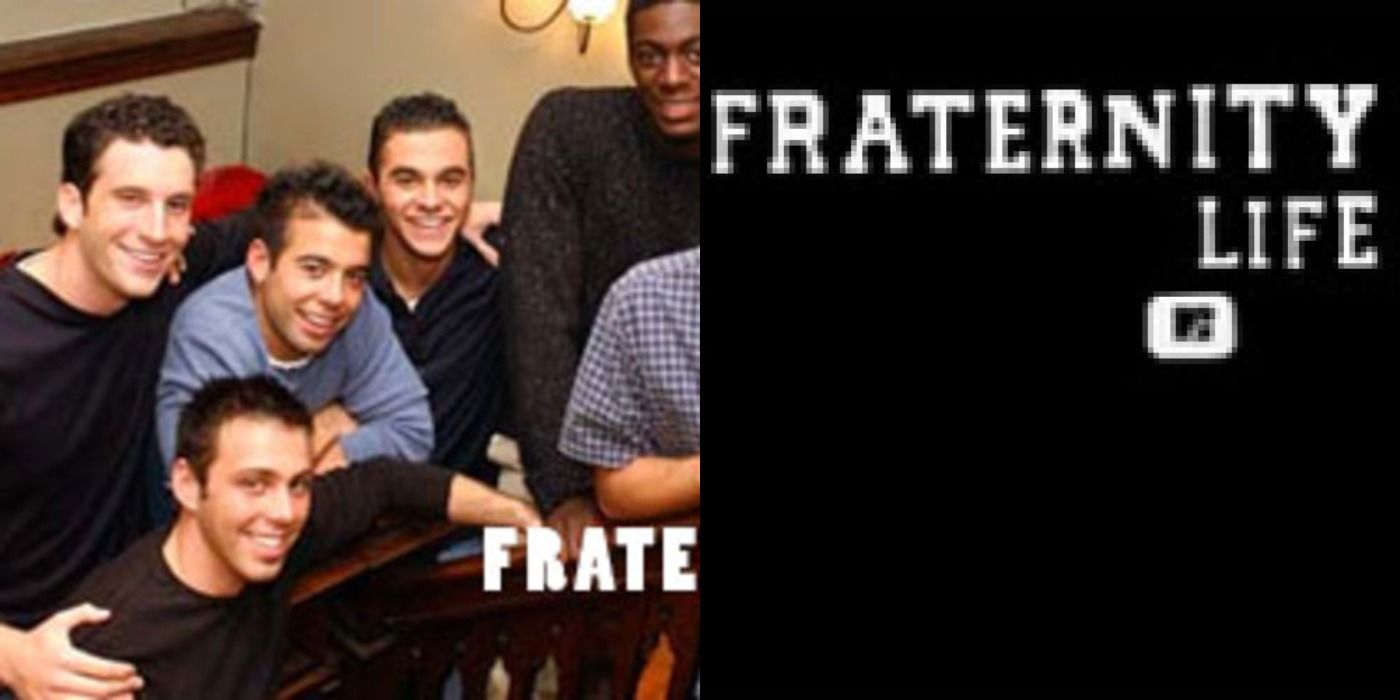
MTV’s Fraternity Life was meant to showcase the lives of young fraternity brothers in a couple of colleges across the U.S. The tumultuous activity of pledging was covered, along with the fraternity’s generally outrageous antics.
Fraternities had been widely criticized since before Fraternity Life, and even more so today, from lack of representation to crimes committed in different houses. It is hard to sympathize with the subjects of Fraternity Life, who on the show get involved in a hazing scandal, break into a zoo, and steal and eat a campus koi fish.
